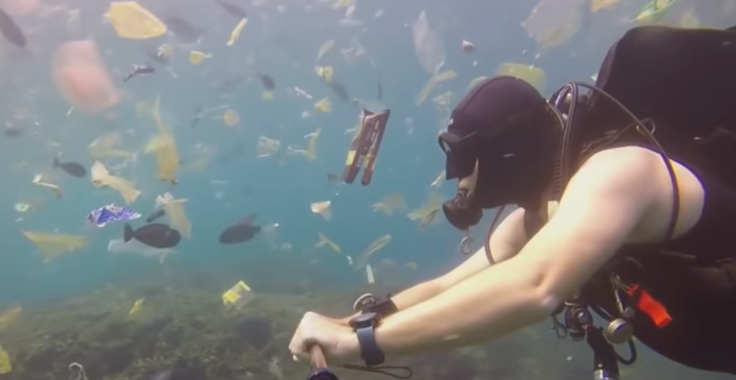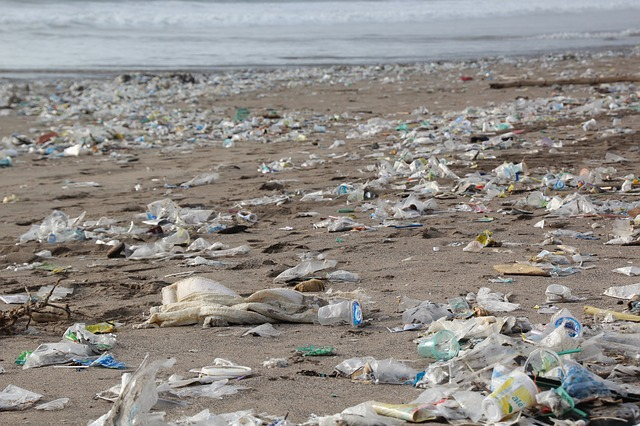Whether animals or sea creatures, all have become victims of microplastic pollution that is ravaging the world's waterways, with long-term environmental effect as long as the murky debris exists. Now an experiment on freshwater sediment has proved that the microplastic pollution has impacted the worms.
When researchers from University of Plymouth in England embedded trays of sediment littered with polystyrene particles in the bottom of an outdoor canal where bugs, snails and other critters colonized the mud for 15 months, fewer organisms could survive in the trays. The trays with 0 to 0.5 percent microplastic averaged 500 to 800 worms, while mud with 5 percent plastic averaged fewer than 300.

The study, published January 31 in Science Advances, showed that reduction in Naididae worms suggests that severe microplastic pollution can throw freshwater ecosystems out of whack. Even worms, which are fodder for other freshwater animals in the carbon cycle by decomposing organic matter, cannot survive.
From labs to real world effects
Richard Thompson, who studies environmental effects of plastic pollution at the University of Plymouth in England but was not involved in the study, said:"Most of our understanding about the impacts of small pieces of plastic comes from laboratory studies" but the new experiment gets closer to assessing microplastic's long-term, real-world effects.

The 5 percent plastic saw a major drop in the Naididae worm population than is typically found in freshwater sediment, says study coauthor Bart Koelmans, who studies aquatic ecology at Wageningen University & Research in the Netherlands.
Impact on normal functions of creatures
Just because the researchers didn't observe a significant effect on these freshwater communities at lower plastic concentrations "doesn't mean that there are no effects," says Ana Luísa Patrício Silva, an ecotoxicologist at the University of Aveiro in Portugal, who is not involved in the work. The study doesn't rule out the possibility that microplastics impair the creatures' ability to function normally, she says.









